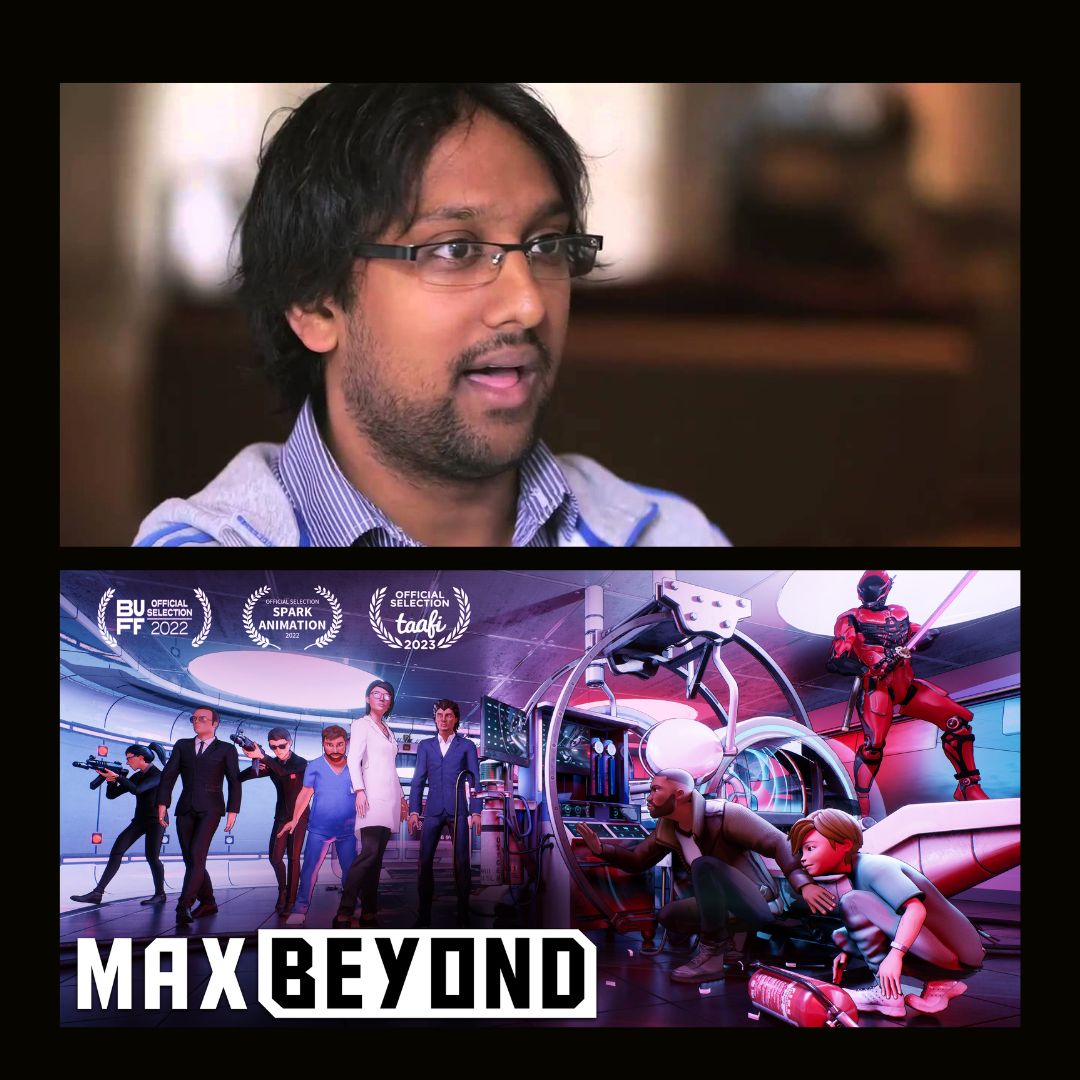Review: Satoshi Kon: The Illusionist
Overview:
Satoshi Kon: The Illusionist breaks down the remarkable career of renowned anime legend, Satoshi Kon, the director responsible for groundbreaking works like Perfect Blue, Paprika, Paranoia Agent, and other emotionally raw and psychologically draining productions. Kon’s too-short career is broken down from multiple perspectives as Kon’s peers make sense of why his creations continue to resonate on such a strong level with audiences and why it’s been difficult for others to replicate the highs of his filmography.
Our Take:
It’s necessary to some degree for the animation industry to be full of obsessive perfectionist auteurs, who also just so happen to make rich documentary subjects. Lots of live-action films and directors have allowed the veil to get pulled back through raw documentary access, but this behind the scenes aesthetic is so much more powerful in animation where none of this is present on the screen. There have been some powerful animation documentaries that have come out in recent years, like the Miyazaki-focused The Kingdom of Dreams and Madness, the more recent documentary dive into Hideaki Anno and his relationship with the Evangelion franchise, or the short-form content that’s being turned out on Disney+. These biographical efforts can be enlightening, but they occasionally come across as hollow vanity projects or documentaries that are only fulfilling to those who are either completely ignorant or total fanatics to the subject’s creations. Satoshi Kon: The Illusionist manages to avoid these pratfalls and it’s hardly a groundbreaking piece of documentary filmmaking, but it properly celebrates Satoshi Kon, his career, and why he’s someone that’s still worthy of discussion a decade after his passing.
A lot of directors have impressive career runs, but it’s kind of mind-boggling that Satoshi Kon made Perfect Blue, Millennium Actress, Tokyo Godfathers, Paranoia Agent, and Paprika all in under a decade. There’s not a single weak link in that varied filmography and it’s easy to understand why this is someone worthy of attention. Pascal-Alex Vincent’s The Illusionist utilizes a very simple structure that’s mostly made up of other visionary animators and filmmakers (Mamoru Hosoda, Darren Aronofsky, Rodney Rothman of Enter the Spider-Verse, Mamoru Oshii) who open up on Kon and his legacy. There’s a raw, real feel as The Illusionist spends time with these creators in their natural environments and studios as opposed to slightly more sterile and polished talking heads. The Illusionist is also a very dense film that’s a tight 75 minutes without credits. This isn’t a bad thing and the documentary crams in as much as possible so that there’s no fat, which only makes Kon’s career come off as more prolific since there are no down periods in it.
It’s easy to praise a director’s accomplishments, but Satoshi Kon: The Illusionist is careful to thoroughly dissect the feeling of Kon’s work and why they were so special. Kon gets described as a “one-man machine” and he’s a rare example of an animator whose influence has reached far beyond not just Japan, but the medium of animation in general. He’s become an inspiration to major American filmmakers’ Oscar-nominated features. The Illusionist speaks to how there’s a common myth behind all of Kon’s stories. The types of narratives that they present reinvent Western narrative norms in drastic ways that aren’t as obvious or reductive as the movies’ visuals. A fascinating artistic feedback loop is formed as The Illusionist details links in Kon’s work to Hitchcock, Kubrick, Lynch, and Argento, but also how many modern directors who have followed in this stylized filmmakers’ footsteps, like Aronofsky, have explicitly been inspired by him.
Kon’s works are so rich because they routinely tackle tradition versus modernity, the dream world versus reality, and how cinema itself is really the melting pot of all of these extremes, which is why it became such a perfect medium for him. The Illusionist breaks down how Kon channels himself into different characters for each of his films and how that’s an important part of the process for him. Not only that, but the eclectic genres across his filmography are used to express his versatility as a human being and the multitudes that he contains. He uses cinema to reflect that he has depth and it’s a tool to better help him understand his own humanity as much as it is a piece of entertainment for the masses.
The Illusionist is content to intermingle the trajectory of Kon’s career with testimonials about his work (including interviews with Kon himself) as well as behind the scenes footage of his productions. It begins with the news of Kon’s untimely death and no mystery is left to that element. The Illusionist doesn’t want Kon’s passing to hit like a surprise tragedy by revealing it at the end of his brilliant trajectory as a storyteller, which is certainly an approach that many documentaries on Kon would employ. It’s refreshing to not exploit the loss of Kon, but to still have it on everyone’s minds as they then get a primer on his productive career. The Illusionist briefly scratches the surface of Kon’s ego and how it occasionally got in his way, but this isn’t really a documentary that’s interested in presenting any “dark side” to Kon. It remains a very complimentary film throughout.
There’s nothing special here as far as documentary filmmaking goes and Kon’s filmography is short enough that each of his major works are able to function as their own section in the movie. That’s not to say that Vincent’s The Illusionist makes for an ineffective documentary, but in the end this is a film to watch because of what it illuminates about Kon and his work, which is fascinating in and of itself, rather than the way in which it’s put together and the artifice behind it. This works in The Illusionist’s favor and the story speaks for itself and keeps Kon as its focus, rather than have him share the spotlight with the director.
Pascal-Alex Vincent’s Satoshi Kon: The Illusionist is a successful movie that should be entertaining for someone who has zero knowledge on Kon, as well as those who have seen all of his movies numerous times and are well-versed in the director’s themes. It’s not always easy for a documentary to find this balance and still feel substantial. A film like The Illusionist is increasingly important as Kon’s body of work becomes a deeper part of the past and in danger of being forgotten. The Illusionist helps audiences understand Kon and the beauty of his movies and it’s hard to finish this documentary and not immediately throw on Perfect Blue. Or Millennium Actress. Or a binge session of the entirety of Paranoia Agent…



























Hi Ashley, thank you so much for reading and we love the feedback. Note that on that day we had 14th posts go up and only ten posts show on the front page, so it's possible the preview had already been archived by the time you got to it. One recommendation would be to add our RSS feed to your favorite news aggregator service like Feedly, this way you get all of the latest posts!